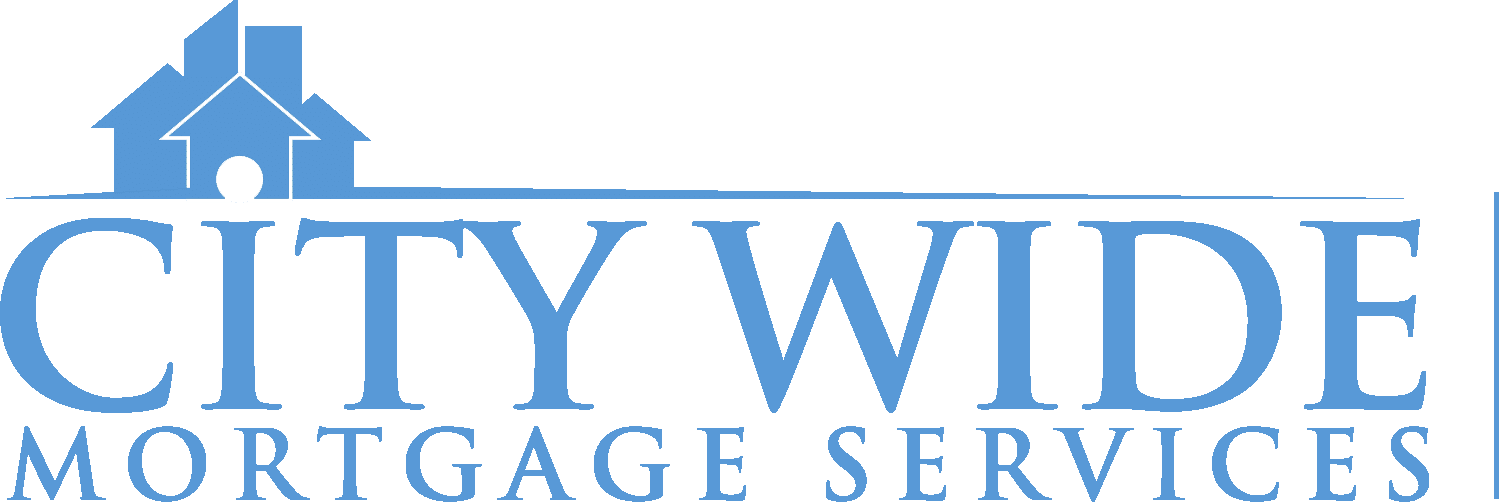Should you lock in your variable rate?
Today we’re going to talk about variable rate mortgages & whether you should lock in. Earlier this week I put out a blog which dove into fixed versus variable & outlined some of the key factors which could impact rates one way or another. We also looked at what history suggests is the best strategy, so for anyone who wants to take a bigger bite out of this, I’ll link to that in the show notes below but this video is going to build off that & give some practical questions to ask yourself if you’re debating whether to lock in your variable.
When ppl talk about fixed vs variable, you’ll often hear them saying a fixed rate mortgage is for the risk averse, as you know exactly what your payments are going to be for the length of your term. In reality, though, the biggest downside of a fixed rate mortgage is the penalty. If you break the term, which happens to the vast majority of borrowers, there is a penalty attached & on the fixed rate side the penalties have the potential to be much much much higher than with a variable. Given that most ppl end up breaking their term & paying that penalty, taking a fixed rate comes with more downside risk than a variable & when you consider that the variable has outperformed the longer term fixed rates close to 90% of the time, the variable actually seems to have much less risk than a fixed. If you’re in a variable currently, keep this in mind. The decision of whether to lock in should weight the probability of potentially breaking the mortgage just as heavily, if not more heavily, than concerns of rising rates.
Moving on, if you’re 10000% certain you will not be breaking your mortgage & therefore are not concerned with penalty risk, the question of locking in really boils down to your own piece of mind. If talk of rates rising keeps you up at night, or if your budget is tight & increases to your payment are going to but strain on your finances, then the first thing you want to do is contact your lender & ask what your options are to lock in. Compare the difference in payment & see what your buffer is – how many Bank of Canada increases would it take before that variable catches up to the fixed? If one increase is going to bring you to par, then that decision is going to be easier than if it would take 3 increases. Compare the risk & reward. Think of it as an insurance policy against rates really taking off.
With all this said, I’d like to again point out that history suggest locking in a variable isn’t a great idea from an overall cost of mortgage perspective. You’re better off just riding it out. For more info on that, again I’d recommend reading the blog I put out earlier this week, or feel free to give me a shout.
Ryan Zupan
Mortgage Planner
DLC City Wide Mortgage Services
604.250.6122
